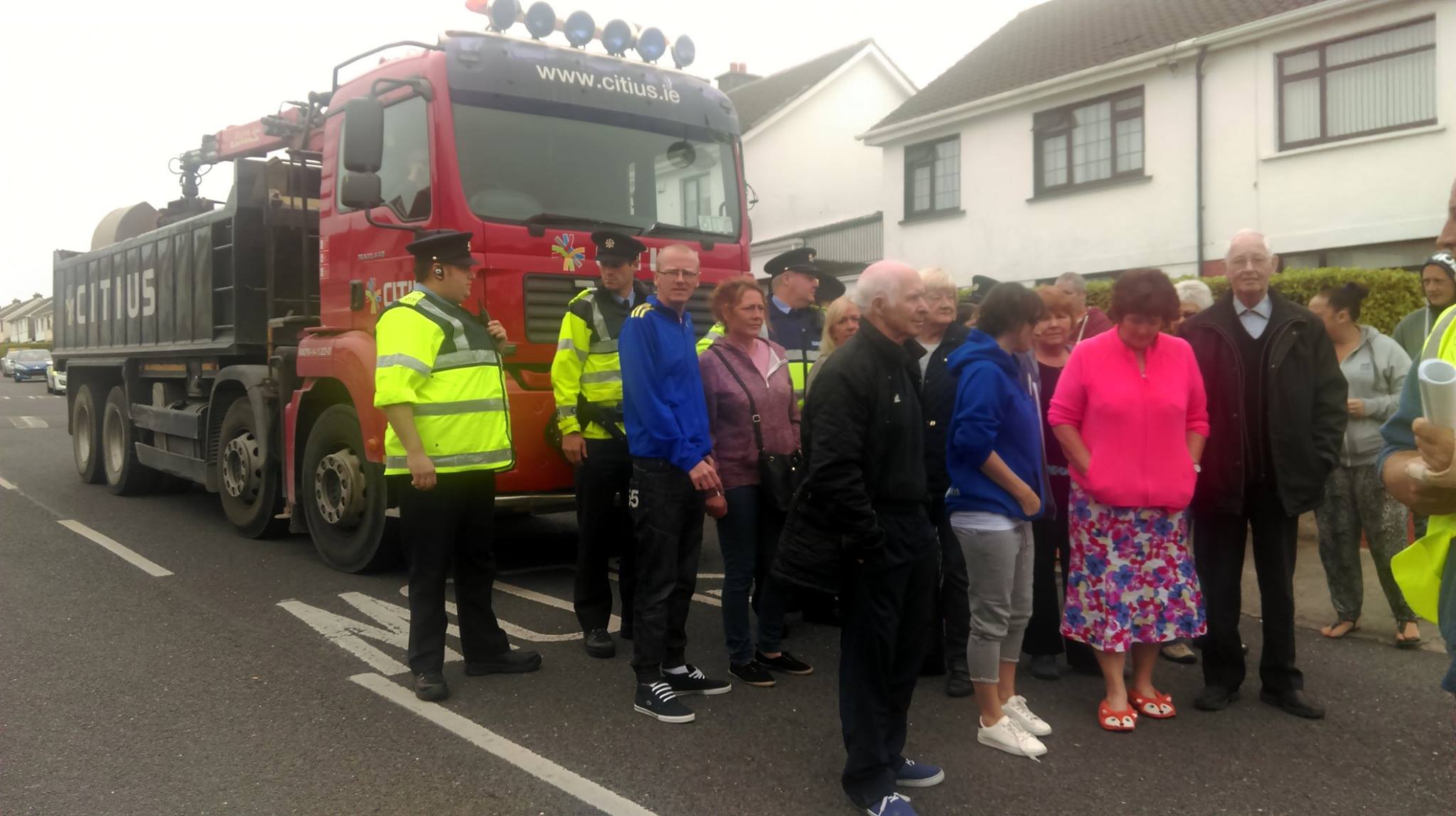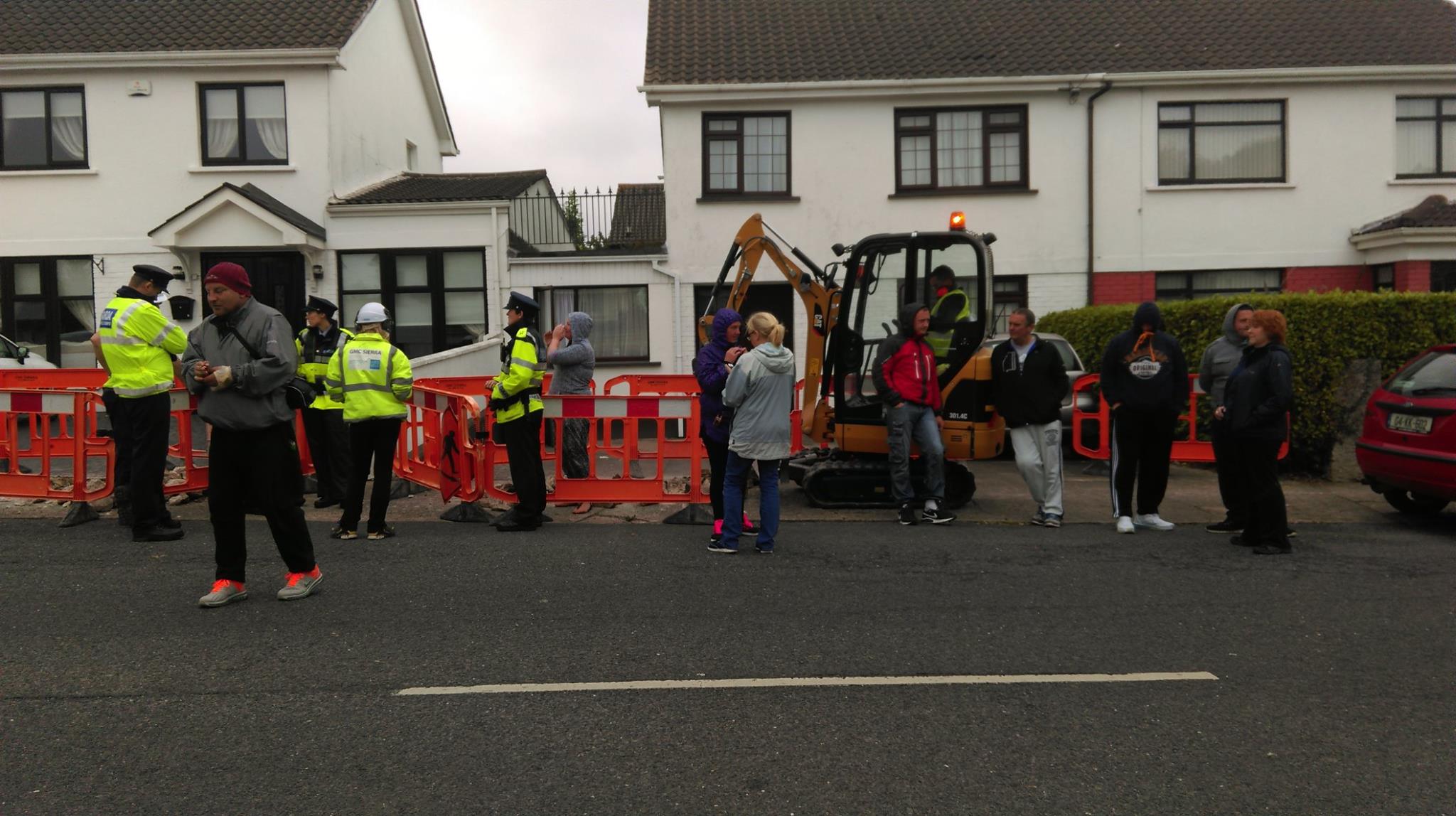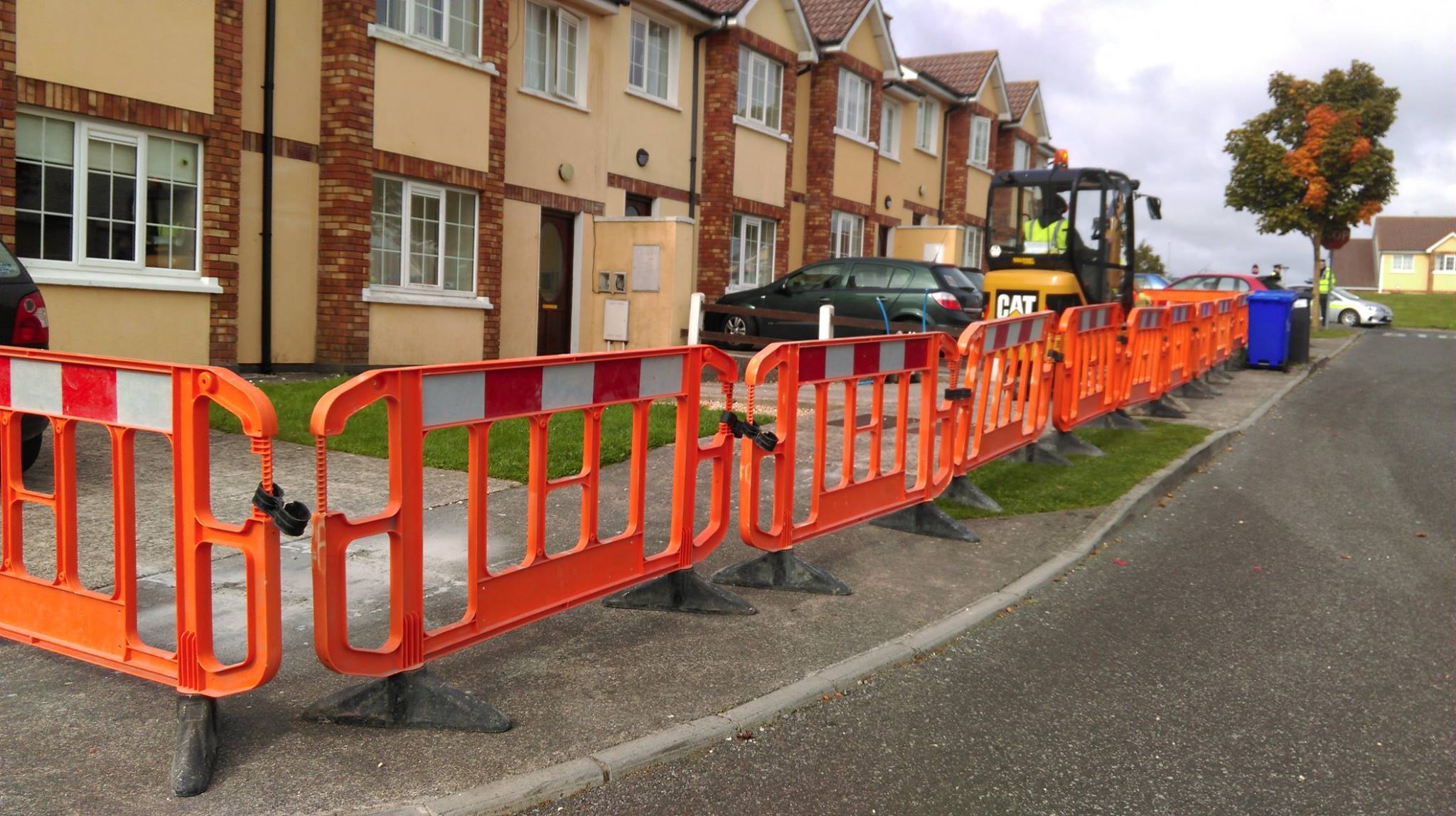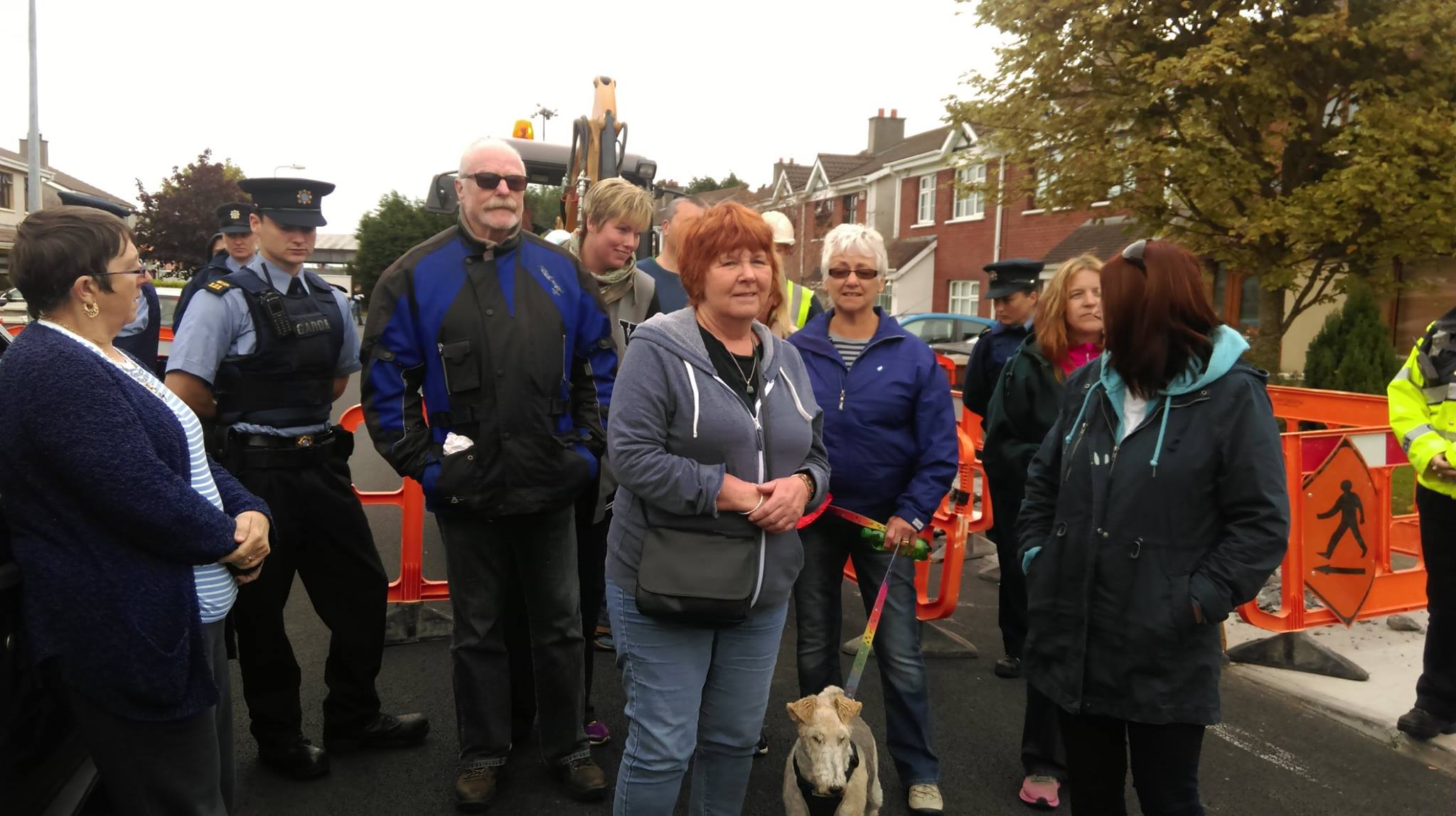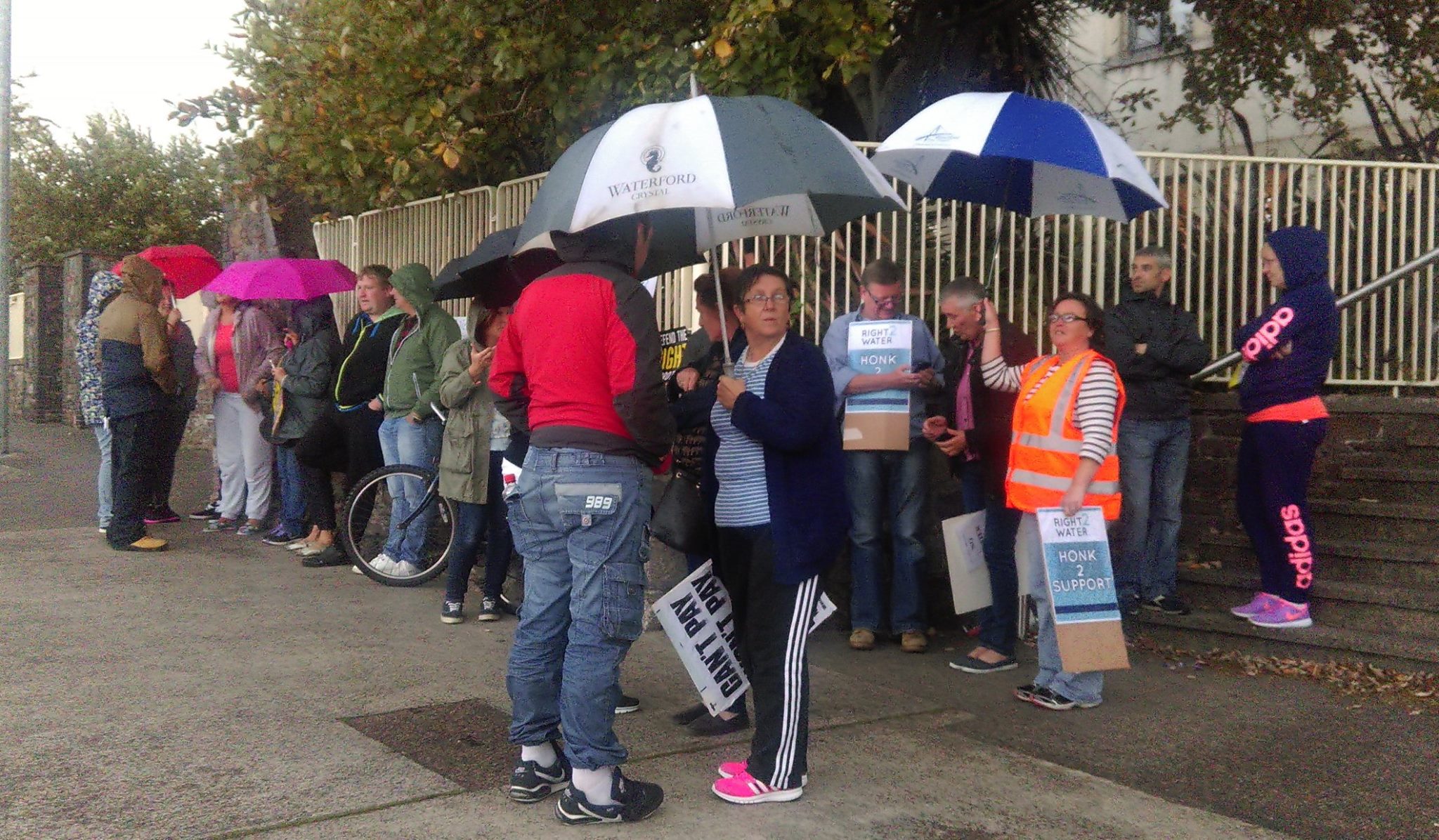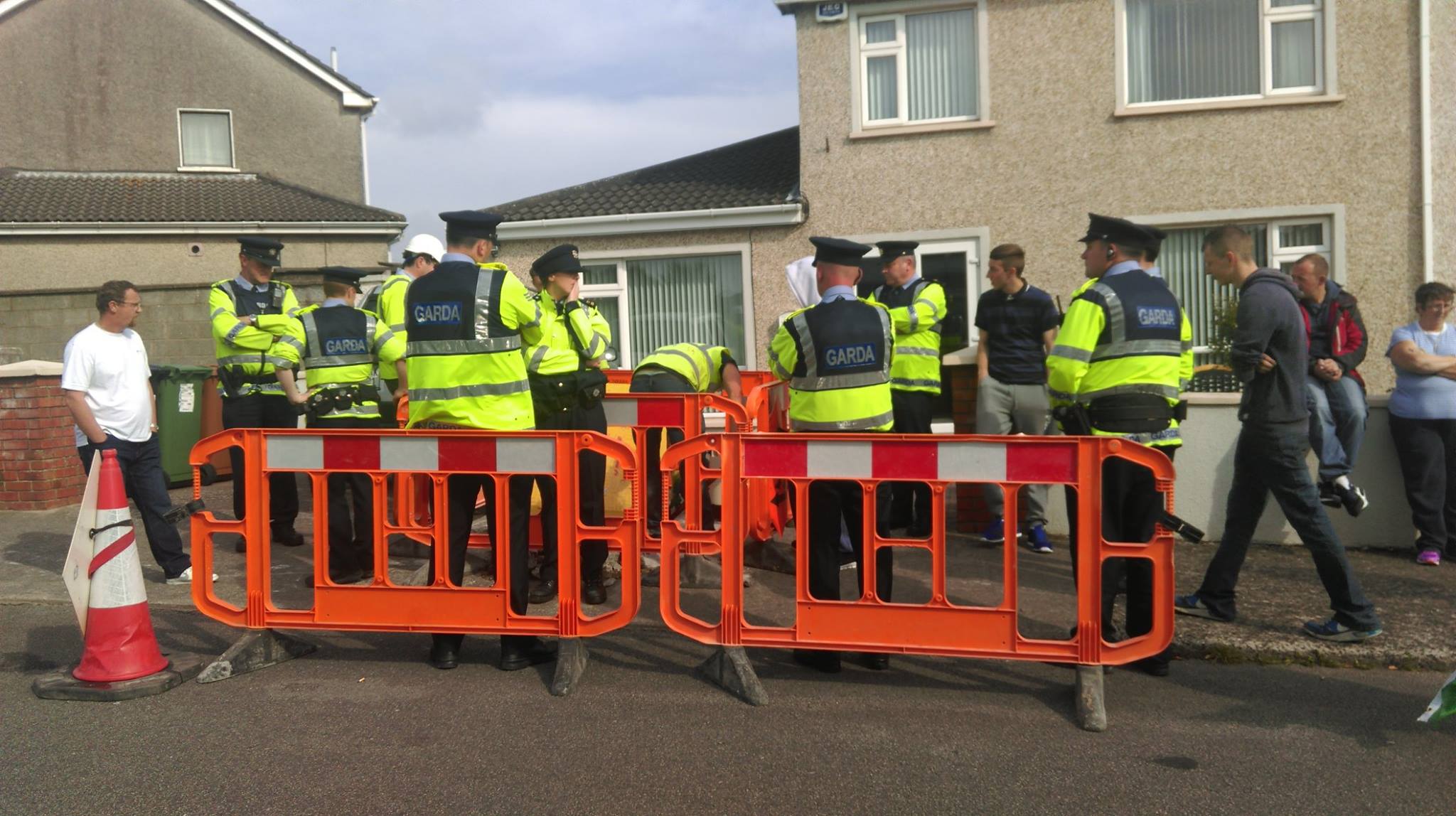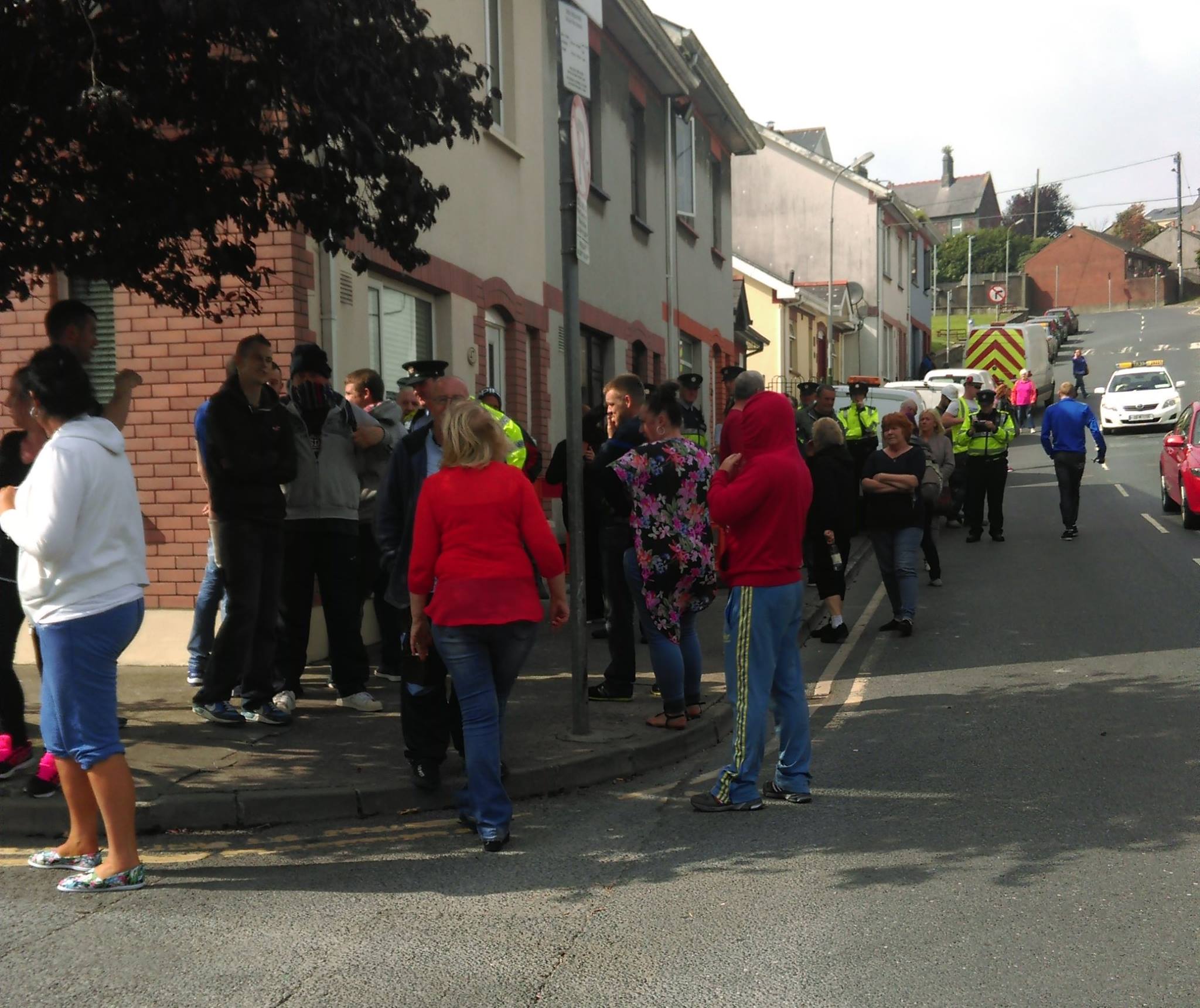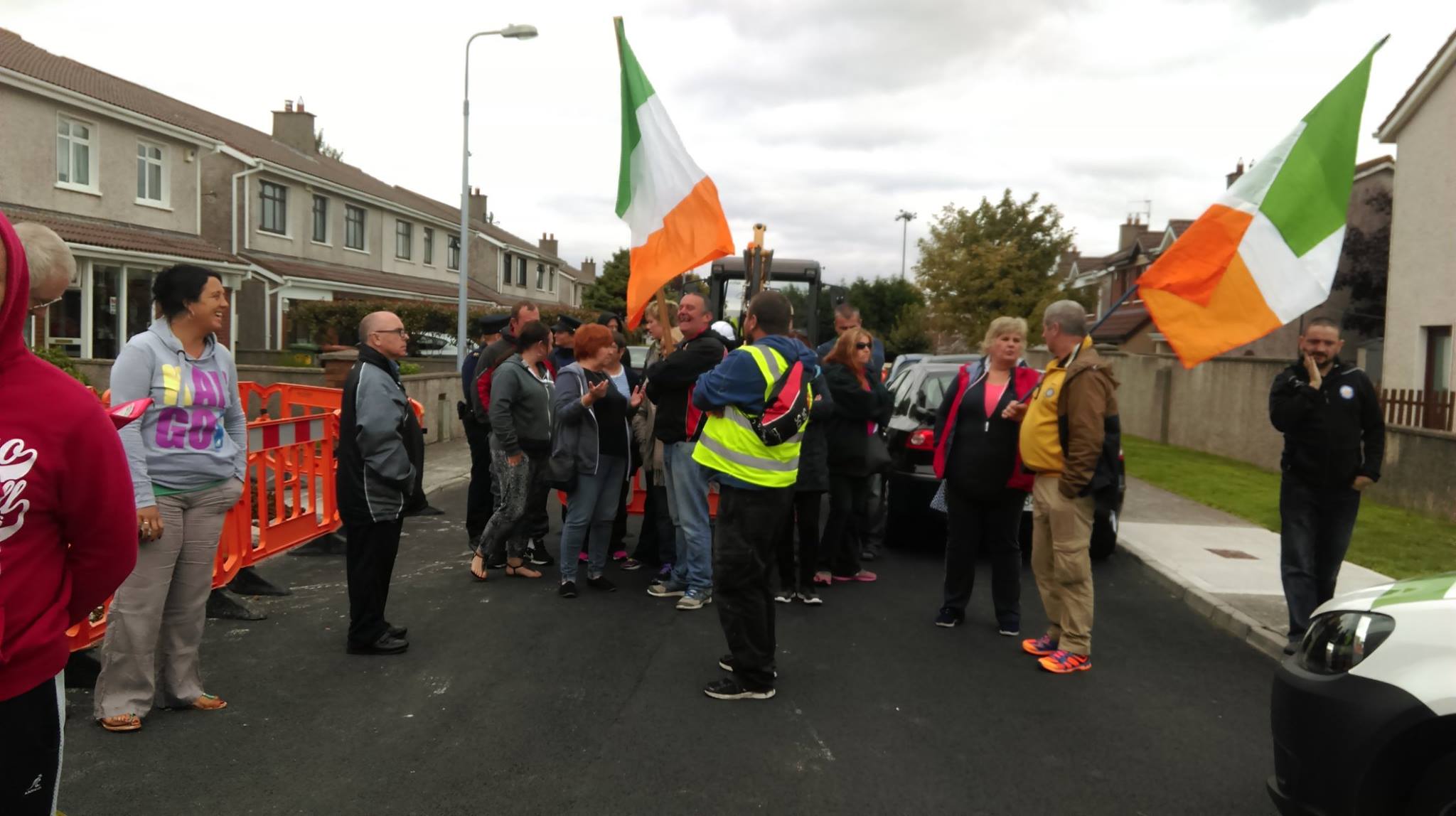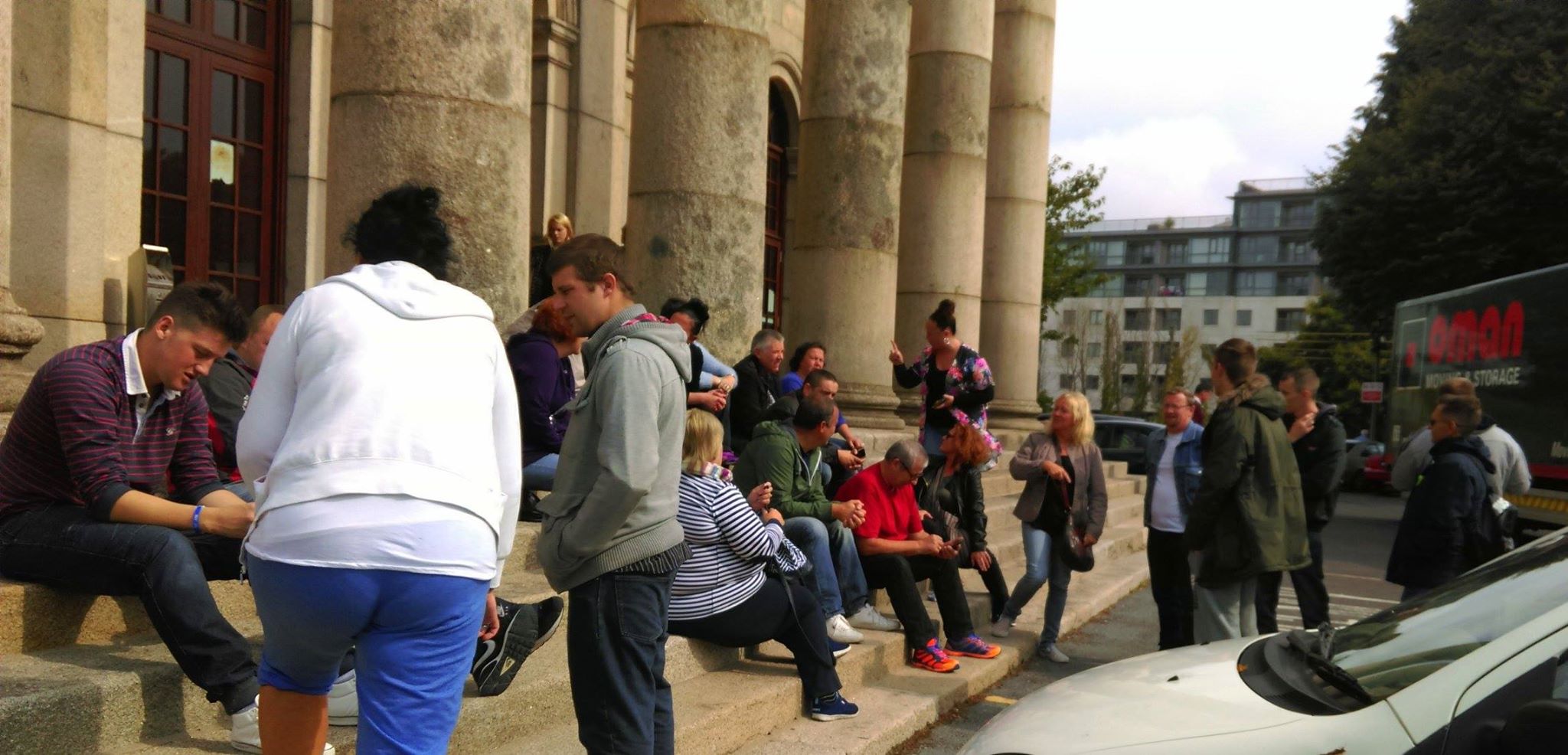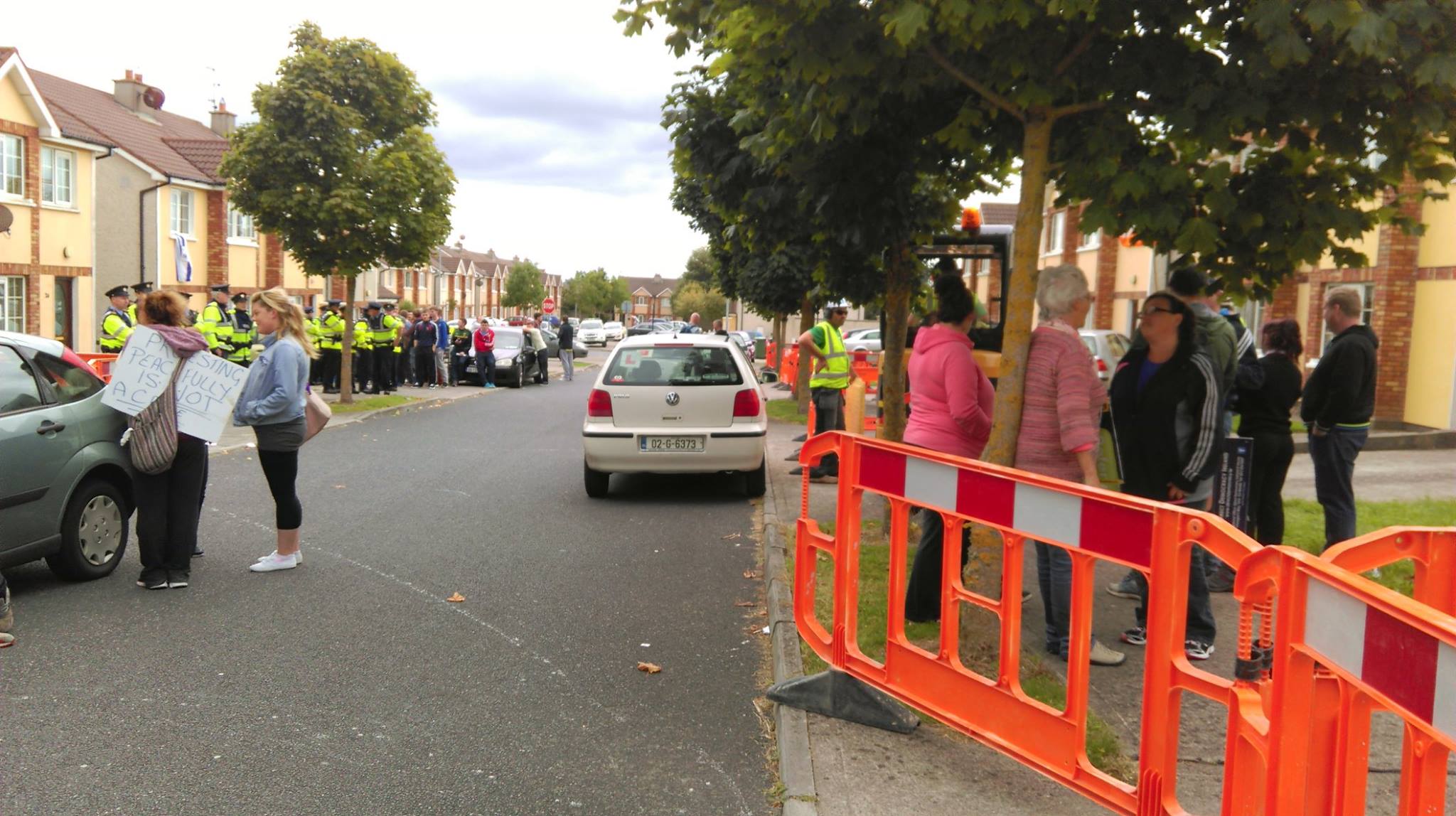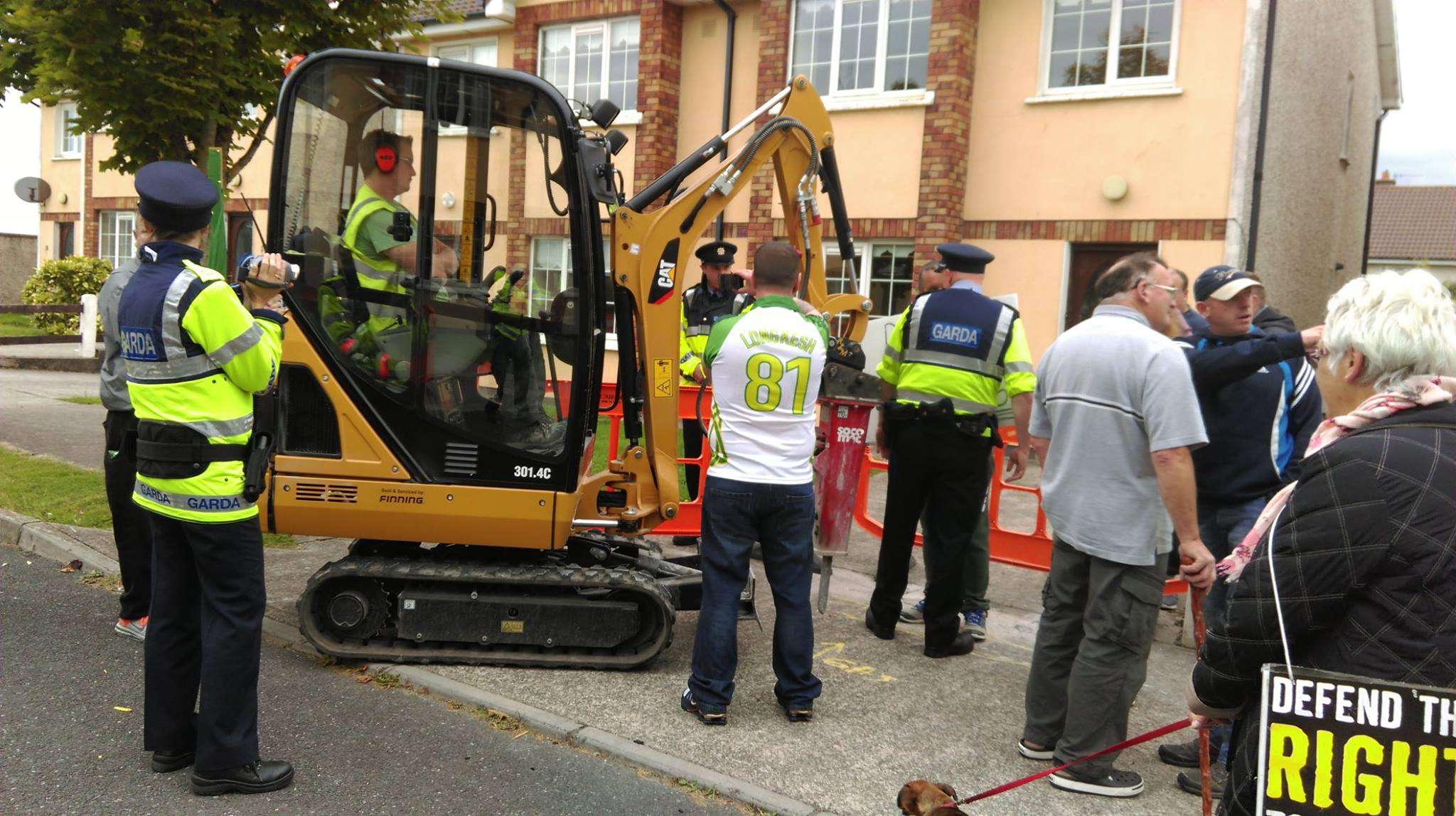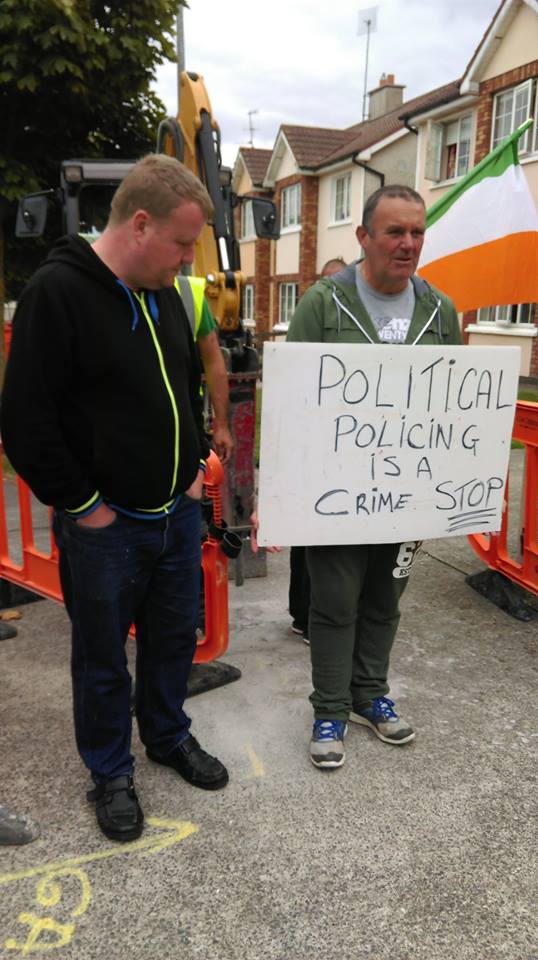People Before Profit TD says union should decide on party support on a case by case basis
Richard Boyd Barrett said Labour has ‘imposed crushing austerity on working people’. Photograph: Dara Mac Donaill / The Irish Times
People Before Profit TD Richard Boyd Barrett has urged Siptu delegates to end their traditional affiliation with the Labour Party.
The four-day Siptu biennial national delegate conference begins in Cork today. A resolution to disaffiliate from the Labour Party will be debated on Wednesday.
“Labour have abandoned some of their key pledges to their own voters and have imposed crushing austerity on working people,” Mr Boyd-Barrett told The Irish Times on Monday.
“It’s hard to understand how Sitpu would maintain an affiliation with a party that has done all that. We think the affiliation should be broken.”
The Dún Laoghaire TD said the Union should provide financial support to political figures in a “democratic” way.
He said members of the Union should decide which candidates or political parties they wanted to support on a case by case basis every time there was an election.
A Labour Party spokesman said the issue was a matter for Siptu.
Siptu president Jack O’Connor, speaking to Newstalk this morning, confirmed he would vote Labour in the upcoming general election.
“I will be voting for the Labour Party. I’m a member of the Labour Party. I’ve never considered leaving it or threatened to leave it and I never will,” Mr O’Connor said.
“But I do recognise that we have to build alliances on the Left. We have to build alliances with groups on the Independent Left and people in the other parties that believe they’re on the Left.
“My only concern is that that work is not sufficiently progressed enough to offer a cohesive alternative to the people in the forthcoming election.”
The motion at the Siptu conference will be proposed by Kieran Allen, chairman of the UCD section committee.
Mr Allen wants to see all unions adopt an “open door” strategy to promoting their policies within political structures.
“This could mean backing a variety of Left candidates from different parties, provided they agreed to promote union policies,” he said.
Minister for the Environment and deputy leader of the Labour Party Alan Kelly expressed confidence at the weekend that the affiliation between the country’s largest union and his party would remain in place.
He was speaking on RTE’s Week in Politics programme on Sunday.
Original article by Mary Minihan Irish Times Oct 5, 2015
Buncrana Together
Siptu general secretary and former Labour Party councillor Joe O'Flynn sits on Irish Water board and receives over €15,700 per year for doing so. See 'Irish Water board unveiled amid claims of hypocrisy', Irish Independent 21/1/2015 '.
Also SIPTU represents all local county council water workers who now operate under the Service Level Agreement and are contracted to Irish Water through the County Councils.



